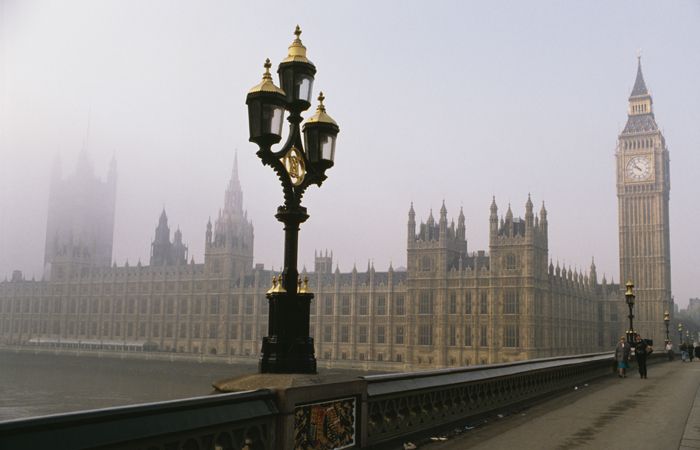
Boris Johnson has announced a shake up of the social care system through a proposed levy on National Insurance (NI) contributions.
It follows widespread media reports the government was expected to flesh out plans officially.
Towards the end of August the government started to brief the papers about plans to increase NI contributions.
There was criticism about the lack of detail and demands for this to be clarified sooner rather than later.
In a statement in parliament Johnson said: “Our NHS is the pride of the UK and has been there for us during the pandemic. But the inevitable result is Covid-19 has put massive pressure on the health service. We need to pay good wages to the 50,000 nurses who can help us tackle the waiting list.
“We are going to increase hospital capacity and will fix the long term problems of help and social care the party opposite failed to tackle that was so exposed by Covid.
“It would be wrong to say we can pay for this recovery without saying how we would pay for it. From next April we will create a 1.25% levy on national income to pay for care. This will raise money that will go to the front line.
“Everyone will contribute according to their needs above state pension age. Those who earn more will pay more. The highest earning 14% will pay most of the revenues, the poorest won’t pay a penny and small businesses will be protected.
“Scotland, Wales and Northern Ireland will benefit from £2.2bn more a year. We cannot just put money in. We need more money to reform and change. Governments have ducked this problem for decades.
“We know we cannot rely solely on private insurance or a free care for all so the state should target its help. That is what this government will do. We are setting a limit on what people will pay. From October 2023 no one will pay more than £86,000 over their lifetime.”
He added people with assets worth less than £20,000 will not have to pay for their social care.
Also people with assets worth between £20,000 and £100,000 will be eligible for some means-tested support.
Johnson’s policy attracted a backlash from some Tory backbenchers and grandees regarding intergenerational fairness.
Research commissioned by AJ Bell showed only 15% of voters would support increasing NI rates to fund social care reforms.
The survey asked people which of nine money raising options they would find most acceptable.
Increasing capital gains tax (32%), dividend tax (23%), income tax (20%) and inheritance tax (17%) received the greatest support.
The least popular option is changing the triple lock on the state pension that only 8% said should be altered.
Reacting to the policy announcements, Key chief executive Will Hale said: “There is no simple answer to the social care debate but with 12.5 million over-65s in the UK, we need to tackle this issue sooner rather than later. While today’s announcement that we will see a 1.25% increase in national insurance contributions is unlikely to be popular, it will be less of a bitter pill to swallow if we see a real improvement in how people can expect to access and receive the care they need via the NHS and in later life.
“The devil will be in the detail and even with these changes, it is important to remember that older people will still need to make a substantial contribution towards paying for their own care. We know that choice is important and that three-quarters of over-55s would like to receive care and support in their own homes. Savings, pension income and housing equity all have a role to play in supporting people as they use their own assets and the available state support to meet their needs in later life.”
A white paper is expected to be brought forward later in the year.



